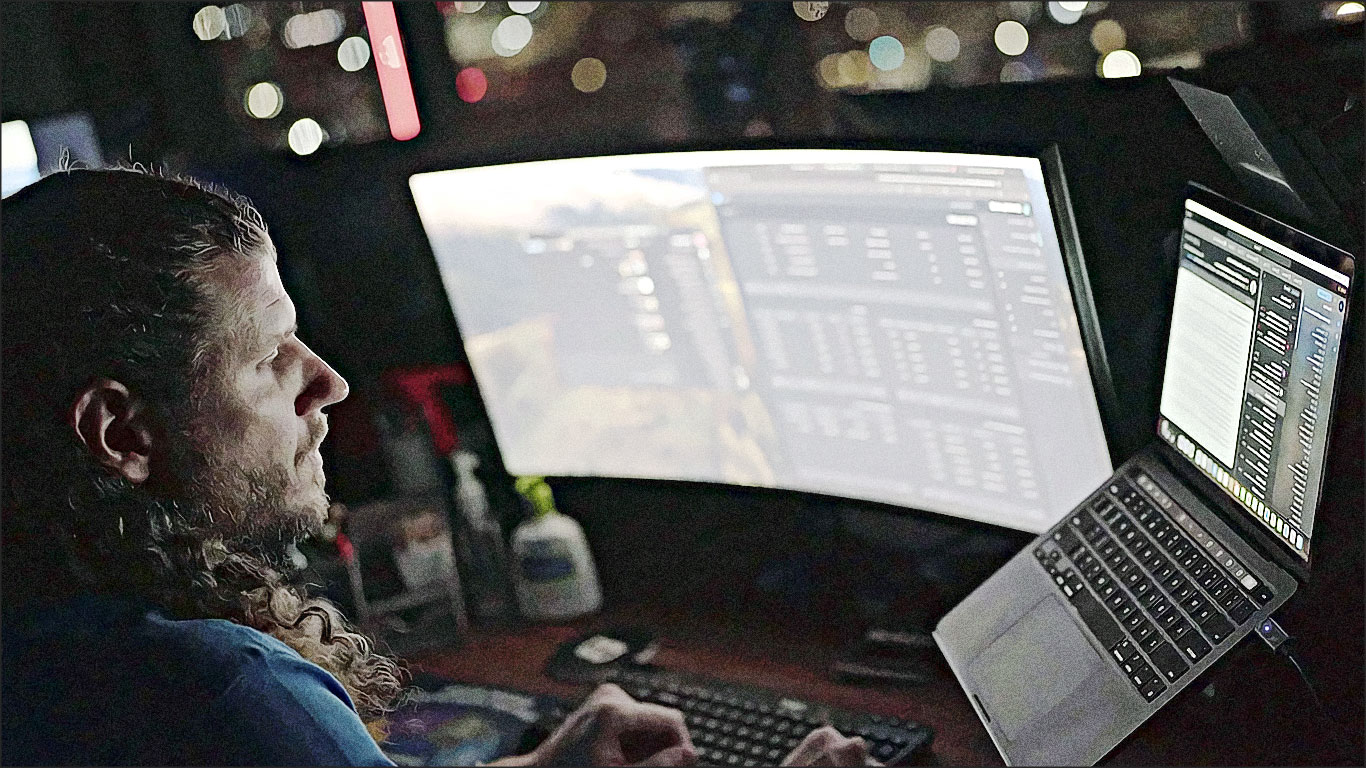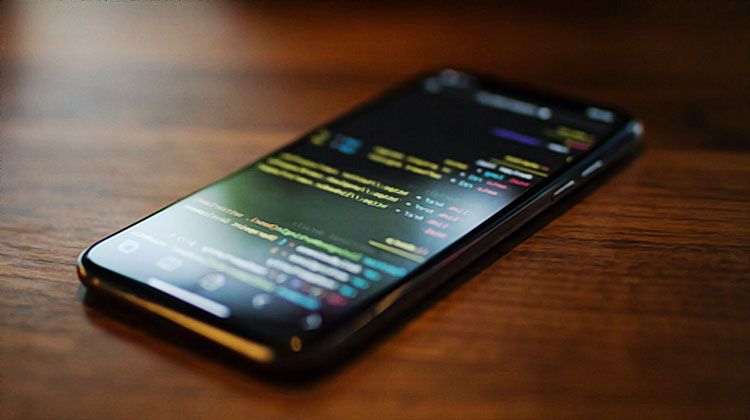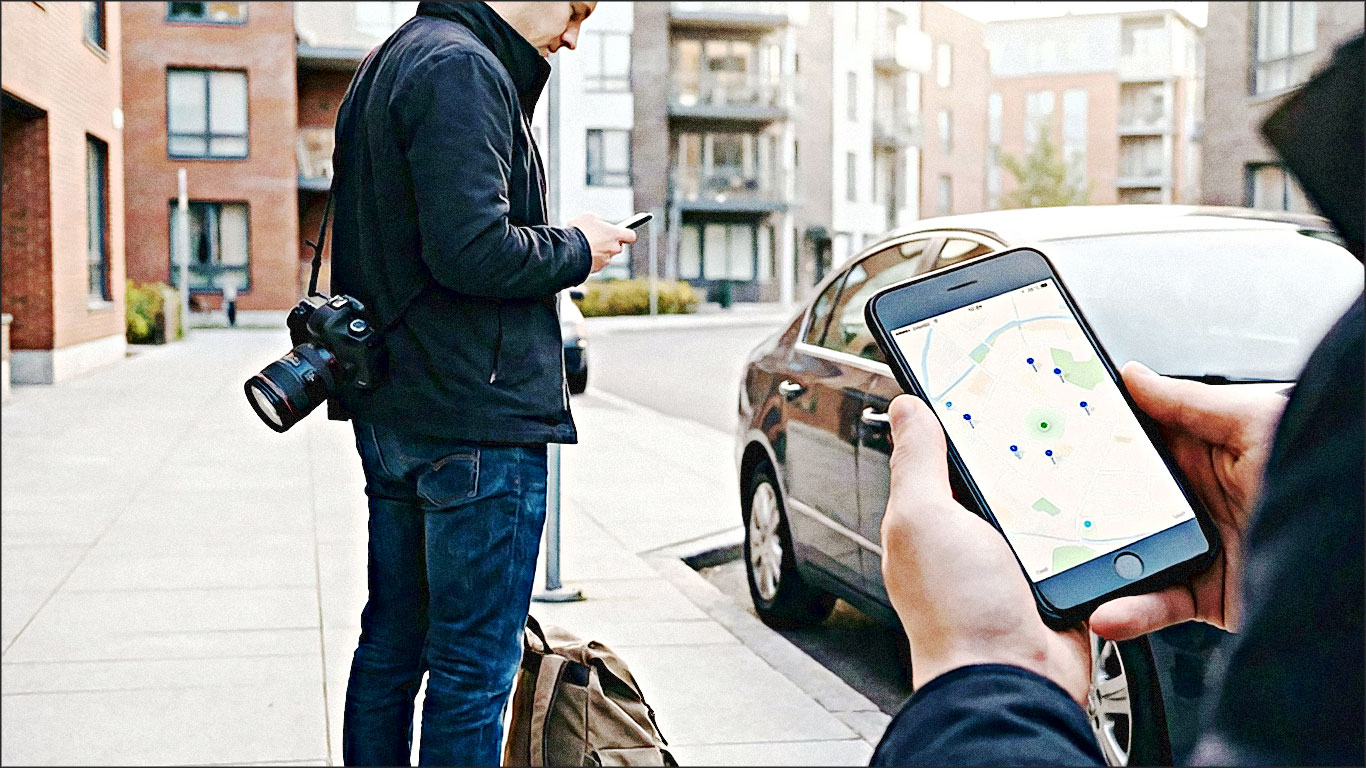I didn’t start with the idea of spying. But when he stopped answering my calls, came home hours late, and acted like nothing was wrong, I couldn’t ignore my gut. I wasn’t looking for revenge, I just wanted to understand what was really going on.
This guide doesn’t promote illegal actions. It exists to help you explore discreet tracking options responsibly, understand what’s legal, and protect your peace of mind.
If you’re feeling anxious, confused, or alone. You’re not the only one who has wondered how to track your husband’s car without him knowing. Sometimes, knowing the truth is the first step toward emotional safety.
Summary
- You may be searching for emotional clarity, not control.
- Tracking your husband’s car without him knowing can be illegal in many places.
- Yes, GPS trackers, mobile apps, and discreet tools exist but they come with risks.
- Legal trouble, broken trust, and emotional damage are possible consequences.
- Always check your local laws before using any tracking method.
- If you still decide to move forward, do it legally, safely, and with self-respect.
Why Would Someone Want to Track Their Partner’s Car?
Not every search for answers comes from suspicion. Sometimes, it’s about your inner calm.
People choose to track their partner’s car for different reasons, some driven by fear, others by love, confusion, or instinct. It might be:
- A growing emotional distance you can’t explain
- Safety concerns when routines suddenly change
- Suspicion of cheating, lies, or unexplained behavior
I didn’t want to accuse him. I just needed answers.
Sometimes, clarity brings closure, even if the truth hurts. Knowing what’s real can be the first step toward healing or moving forward with confidence.
Is It Legal to Track Someone’s Car Without Their Consent?
Before you use any tracking device or app, it’s important to understand the law.
In simple terms:
If you don’t own the car and don’t have the person’s consent, tracking it may be illegal.
Laws around GPS tracking vary depending on your country, state, or region. In many places, tracking someone without their knowledge and even if they’re your spouse can violate data privacy or surveillance laws.
For example:
- In France, tracking someone’s location without consent can breach CNIL regulations and data protection laws.
- In the European Union, the GDPR protects individuals’ location data as personal information.
- In the United States, state laws differ. Some allow vehicle tracking if you co-own the car; others treat it as a criminal offense. See NCSL.org for more details.
Always speak to a legal professional in your area before using any tracking method. What’s legal in one place may be illegal in another and even if your intentions are good.
Methods to Track a Car Without Being Noticed
If you’re considering tracking your partner’s car discreetly, there are a few common methods people turn to. Each comes with its own level of visibility, complexity, and risk.
Let’s start with the most widely used option:
1. Hidden GPS Trackers
How They Work:
GPS trackers use satellite signals to pinpoint a vehicle’s real-time location. Once placed on or inside a car, they transmit data to your phone or computer via a mobile app or web portal.
Pros:
- Very discreet (especially magnetic or hardwired types)
- Accurate real-time tracking
- Long battery life (some last weeks or months)
- Often come with geofencing alerts and trip history
Cons:
- Most require physical access to the vehicle
- Some need occasional charging or wiring to the car’s power
- If discovered, it could damage trust or escalate conflict
Common Types:
- Magnetic GPS Trackers – attach under the vehicle; quick to install, easy to remove
- Plug-in OBD Trackers – connect to the car’s diagnostic port
- Hardwired Trackers – installed behind the dashboard or near the battery for constant power supply
These devices are often used by businesses, fleet managers, and private individuals for location monitoring. If you choose to use one, opt for models with no blinking lights or sound alerts, especially for hidden use.
Reminder: Make sure tracking is legal in your location before placing any device on a car you don’t fully own.
2. Hiring a Private Investigator
If you’re unsure about using tracking devices yourself—or if local laws make it risky—hiring a licensed private investigator (PI) might be a safer alternative.
Why consider it?
- PIs know how to legally gather information while respecting surveillance laws.
- They often use tools and methods that are more advanced, discreet, and hard to detect.
- In many regions, hiring a PI is more legally protected than trying to track someone on your own.
Pros:
- Professional, confidential, and legally trained
- May uncover more than just location (e.g., patterns, behaviors, evidence)
- Less emotional risk, you stay removed from direct involvement
Cons:
- Significantly more expensive than DIY tools
- Not available in all areas
- You’ll need to trust someone else with sensitive personal matters
If your safety, legal risks, or emotional state are high, a licensed PI may be the most responsible way to get the answers you need without crossing legal lines.
Best Hidden GPS Tracker Options for Discreet Car Tracking
If you’ve decided to move forward, choosing the right device matters. The best trackers are simple, silent, and easy to hide. Below are 5 GPS trackers commonly used for discreet vehicle monitoring.
![]()
Reminder: Always check your local laws before placing any tracker on a car. These suggestions are for informational purposes only.
1. SpaceHawk GPS Tracker
- Type: Hidden, Magnetic and waterproof
- Battery: ~2–3 weeks
- Best for: Under the vehicle, inside bumpers
- Why it works: Silent, compact, and fully designed for hidden placement
![]()
- Type: Hidden and Magnetic
- Power: Continuous
- Best for: Long-term, undetectable installation
- Why it works: Hidden behind the dashboard, no need for recharging
- Type: Magnetic or mounted
- Battery: Long-life, weatherproof
- Best for: Harsh outdoor conditions or vehicle exteriors
- Why it works: Durable and built to operate without notice
- Slim Magnetic Tile Tracker
- Type: Flat, magnetic, no lights
- Battery: ~10–20 days
- Best for: Under seats, inside trunk lining, side panels
- Why it works: Ultra-thin profile fits into small hidden spaces
- Hard Case Undercarriage GPS Tracker
- Type: Sealed in waterproof shell with magnet
- Battery: Extended (up to 30 days)
- Best for: Under the car near wheel wells or frame rails
- Why it works: Blends into metal surfaces and resists weather or vibration
Tip: Always test signal strength before final placement. Avoid putting trackers inside metal boxes or enclosed compartments without vents.
Where to Hide a Car Tracker Safely
Once you have a discreet GPS tracker, the next step is placing it in a spot where it won’t be easily found, but still works effectively. The key is to keep it out of sight while making sure it has access to GPS signals.
Here are 5 commonly used hiding spots:
- Under the Car (Using a Magnet)
- Attach it to the metal frame or undercarriage, away from the exhaust system.
- Works best with waterproof, magnetic trackers.
- Best for: Exterior stealth
- Inside the Glove Compartment
- Tuck the tracker toward the back or under small items.
- May slightly weaken GPS signal but still works in many cars.
- Best for: Quick install if you have interior access
- Beneath or Behind the Rear Seats
- Slide the tracker under the seat cushion or into the rear seat pocket.
- Some vehicles have gaps where a flat tracker can disappear completely.
- Best for: Long-term indoor concealment
- In the Trunk Lining or Spare Tire Well
- Lift the trunk mat and place it near the spare tire or side panel.
- Easy to access without being obvious.
- Best for: Occasional access + strong concealment
- Behind the License Plate
- Loosen and reattach the plate with the tracker behind it.
- Use thin, tile-style devices to avoid rattling.
- Best for: Slim, silent tracking tools
Tip: The goal is to stay hidden without damaging the car, interfering with vehicle operation, or weakening the GPS signal. Always test signal strength before final placement.
How to Tell If You’re Being Tracked Too
Sometimes the desire to track someone stems from feeling watched yourself. In relationships where trust is broken, control can quietly go both ways. So it’s worth asking:
Could someone be tracking your movements without your knowledge?
Here’s how to check:
- Look for AirTag or Smart Tag Alerts
- If you use an iPhone, Apple will alert you if an unknown AirTag is moving with you.
- Android users can install the Tracker Detect app to scan for hidden Bluetooth trackers.
- These tags are small, silent and often overlooked.
- Physically Inspect Your Vehicle
- Check under the car, inside the wheel wells, glove box, trunk, or under seats.
- Look for anything magnetic, blinking, or unusual.
- Some trackers are flat or sealed in dark cases—inspect carefully.
- Use GPS or RF Detector Tools
- You can buy handheld GPS or radio frequency detectors online.
- They scan for active wireless signals and pings from unknown devices.
- These tools are commonly used by security professionals and private investigators.
- Recognize Patterns of Control
Sometimes it’s not about tech, it’s about behavior. If your partner always knows where you are, shows up unexpectedly, or questions your every move, something deeper might be happening.
Control can quietly become mutual in relationships where trust is damaged. Staying aware protects both your privacy and your peace.
Risks and Ethical Considerations Before Tracking
Tracking someone’s car without their knowledge isn’t just a tech decision.It’s a legal, emotional, and ethical one. Whether you’re acting out of fear, suspicion, or concern, it’s critical to understand what you risk and how to proceed responsibly.
Legal Consequences
In many places, secretly placing a GPS tracker on someone else’s car without consent, violates surveillance or privacy laws.
You could face:
- Fines or criminal charges
- Civil lawsuits or restraining orders
- Evidence being used against you in court (especially during divorce or custody disputes)
Reminder: Even if you co-own the vehicle, state laws vary. Always check with a legal professional before installing any tracking device.
Emotional Fallout
Even if your intentions feel justified, tracking your partner can create emotional side effects that go far beyond the moment.
You might experience:
- Guilt or regret after seeing the truth
- Anxiety from obsessively checking the tracker
- Emotional escalation if you’re caught
- A loss of self-trust for crossing personal boundaries
What starts as a search for answers can quickly become a mental burden—one that may leave you feeling worse, not better.
Ethical Boundaries and Self-Reflection
The line between seeking clarity and violating trust is thin. Before you take action, ask yourself:
- Would I be okay if I were the one being tracked?
- Is this about protecting myself or controlling someone else?
- Am I prepared for the emotional impact of what I might discover?
- If I find nothing suspicious, will I feel peace or shame?
Clarity is helpful. But how you get that clarity matters.
How to Reduce Harm If You Still Choose to Track
If, after thoughtful reflection, you still decide to move forward, take steps to protect both your emotional wellbeing and the other person’s safety.
Do this responsibly:
- Use discreet, battery-powered tools – Avoid hardwired or blinking devices.
- Never tamper with the car – Don’t remove parts or modify the vehicle.
- Keep tracking short-term – Use it only to confirm a pattern, not for long-term surveillance.
- Don’t confront based on live tracking – Keep private logs instead of screenshots to prevent escalation.
- Stay grounded in your values – Track only if you’d be okay being tracked in return.
Need Help Processing This Emotionally?
Sometimes, the urge to track isn’t about your partner. It’s about the fear, confusion, or emotional distance you’re trying to make sense of.
If you’re feeling overwhelmed, here’s something to remember:
Tracking isn’t always the answer. Understanding yourself might be.
You don’t need to go through this alone. Here are some resources that may help you reflect, reconnect, or simply breathe a little easier:
- Why Couples Grow Distant :Understand the quiet shifts that create emotional gaps.
- FOMO in Relationships :Learn how digital anxiety and comparison can trigger mistrust.
- Digital Boundaries and Emotional Burnout :Explore how constant connection can disconnect us from what matters.
Your calm reassurance matters and it starts with understanding your own story before trying to decode someone else’s.
Final Thoughts

Wanting to know the truth doesn’t make you a bad person. It makes you human.
But how you seek those answers matters. Tracking your partner’s car without consent is a serious step legally, emotionally, and ethically. Whether you’re facing distance, doubt, or fear, you deserve clarity. Just make sure the way you find it doesn’t compromise your own values or safety.
Sometimes, peace of mind comes from answers. Other times, it comes from letting go of what you can’t control.
Whatever you choose next, let it be guided by respect for yourself first, and for others, too.
Frequently Asked Questions
Is it legal to track my husband’s car without his permission?
It depends on your location and whether you co-own the vehicle.
In many regions, tracking someone’s car without their consent is illegal and even in a relationship.
When in doubt, don’t do it. Always check local laws first.
What’s the best hidden GPS tracker for a car?
Look for a tracker that is:
- Battery-powered
- Magnetic for easy attachment
- Waterproof
- Completely silent (no lights or sounds)
These features help it stay hidden and effective for discreet use.
Can someone know if they’re being tracked?
Yes. Many smartphones now detect unknown tracking devices nearby. Apple devices notify users of unknown AirTags.
Android users can use apps like Tracker Detect to scan for Bluetooth trackers.
What should I do if I suspect cheating but don’t want to break the law?
Before turning to surveillance, try:
- Having an open, honest conversation
- Seeking couples counseling
- Consulting a legal advisor
Emotional clarity often starts with communication, not control.
🔒 Reprenez le contrôle de vos données personnelles
Masquez votre adresse IP, chiffrez vos messages et évitez tout regard indiscret sur vos activités en ligne.
Découvrir NordVPN (-74%)Apprenez comment protéger vos comptes, vos échanges et vos appareils sans compromettre la confiance dans le couple.
Lire le guide completLa confiance n’exclut pas la prudence — sécurisez votre vie numérique dès aujourd’hui.



